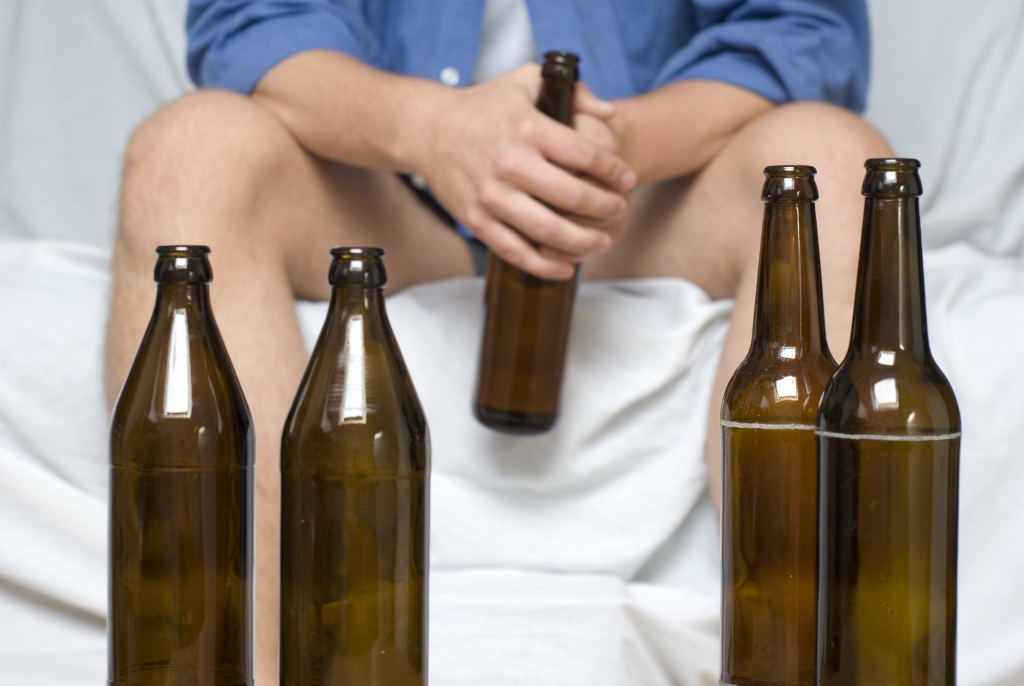Discover top trauma therapy types and innovative approaches to accelerate your healing journey. Drug and alcohol detox both work to eliminate harmful substances from the body, but they differ in certain ways. Learn how to qualify for inpatient physical rehab with comprehensive evaluations, medical criteria, insurance insights, goal setting, and discharge planning for optimal recovery. https://love-status.com/to-forestall-teen-dating-violence-some-states-push-education.html Discover the benefits, support, and triumphs on your journey to seek joy and sobriety. Alcoholism is a chronic disease that affects millions of people worldwide.

Defining Physiological Dependence
- People who frequently consume excessive amounts of alcohol can deplete their energy stores within a few hours.
- Understanding how alcohol affects our bodies is crucial when trying to overcome addiction as well as managing related symptoms such as intense sugar cravings.
- On the other hand, a whole foods plant-based diet can help stabilize blood sugar levels, reduce sugar and alcohol cravings, and overall improve mood.
- It can lead to alcohol addiction, a chronic disease where an individual cannot control their drinking due to both physical and emotional dependence.
- If drug treatment programs don’t seem to help my daughter, explore supportive measures and effective resources.
The fluctuating blood sugar levels create a cycle where individuals may consume alcohol, experience a drop in blood sugar, and then crave sugary foods as a way to restore energy levels. It is a neurotransmitter that signals pleasure and reinforces certain behaviors. Both alcohol and sugar consumption can stimulate the release of dopamine, leading to feelings of enjoyment and satisfaction. The science behind cravings, both for alcohol and sugar, can be explained through the actions of neurotransmitters in the brain. Dopamine, a neurotransmitter linked to pleasure and reward, plays a significant role in this process.
Unraveling the Wonders of Drug Therapy
- Engaging in regular physical activity can help reduce cravings, manage stress, and improve overall well-being.
- The link between alcohol and sugar cravings can be attributed to various factors, including the impact of alcohol on blood sugar levels and the body’s need for a substitute.
- Understanding the physiological effects of alcohol on blood sugar levels can shed light on why people with alcohol use disorders often crave sugar.
- Explore the common causes of over the counter drug abuse and uncover the hidden dangers of misuse.
- Moreover, setting realistic expectations and understanding that withdrawal symptoms might initially cloud the perceived benefits is crucial.
- Discover the outcomes of MAT for addiction treatment and the path to an opioid-free life in Kansas.
Additionally, the body’s store of glycogen, a type of http://www.easilyeducation.ru/eidets-631-1.html sugar stored in the liver and muscles for energy, can become depleted due to chronic alcohol consumption. When recovering from alcohol addiction, the body craves sugar as a means to replenish glycogen stores and provide a quick energy boost. This can lead to an increased desire for sugar-rich foods and beverages.

Why Choose Inpatient Detox for Alcohol Recovery

Understanding these psychological factors can help recovering alcoholics and their support systems develop strategies to manage sugar cravings effectively. It’s essential to address emotional associations with sugar and explore healthier https://elektromehanika.org/load/ljubimyj_soft/alcohol_120_v_1_9_8/7-1-0-212 coping mechanisms to replace the reliance on sugar as a substitute for alcohol. By recognizing these factors, individuals in recovery can better manage their sugar intake and work towards a healthier lifestyle.
- As individuals navigate their recovery journey, it’s important to remember that nutrition plays a key role in supporting both physical and mental health.
- ‘, break stigmas, and discover resources for assistance and understanding.
- This relationship between alcohol dependence and a desire for sweet substances has been the subject of research.
- One study suggests that consuming sweets in early recovery poses a risk for treatment outcomes.
- Demystifying how alcohol becomes addictive, unraveling genetic, environmental factors, and treatments.

